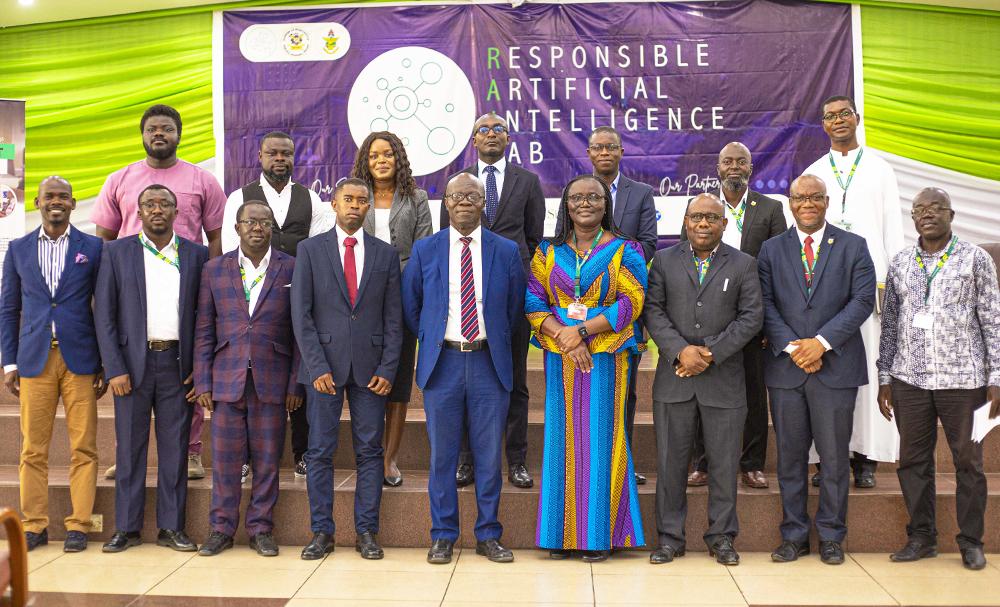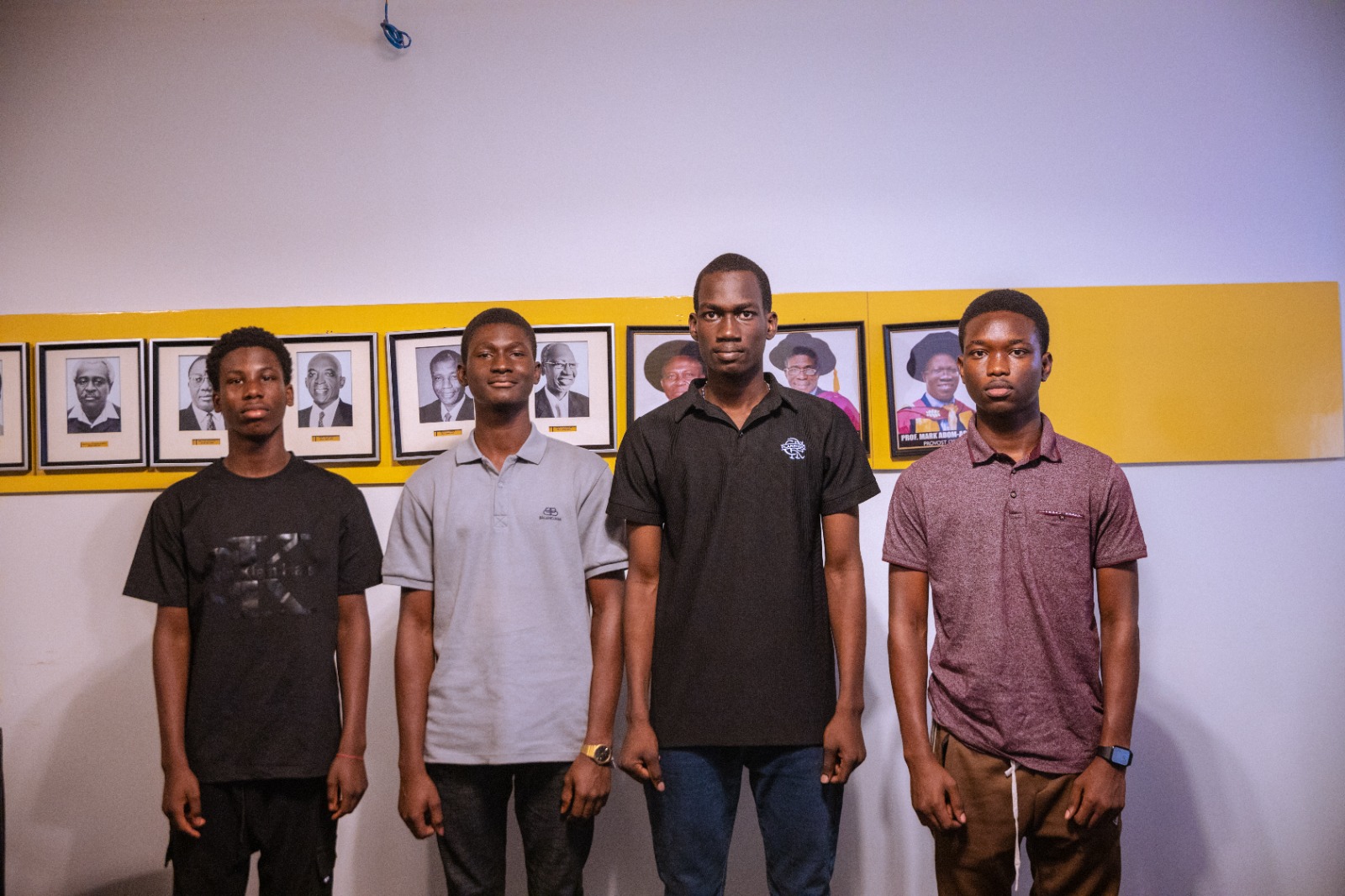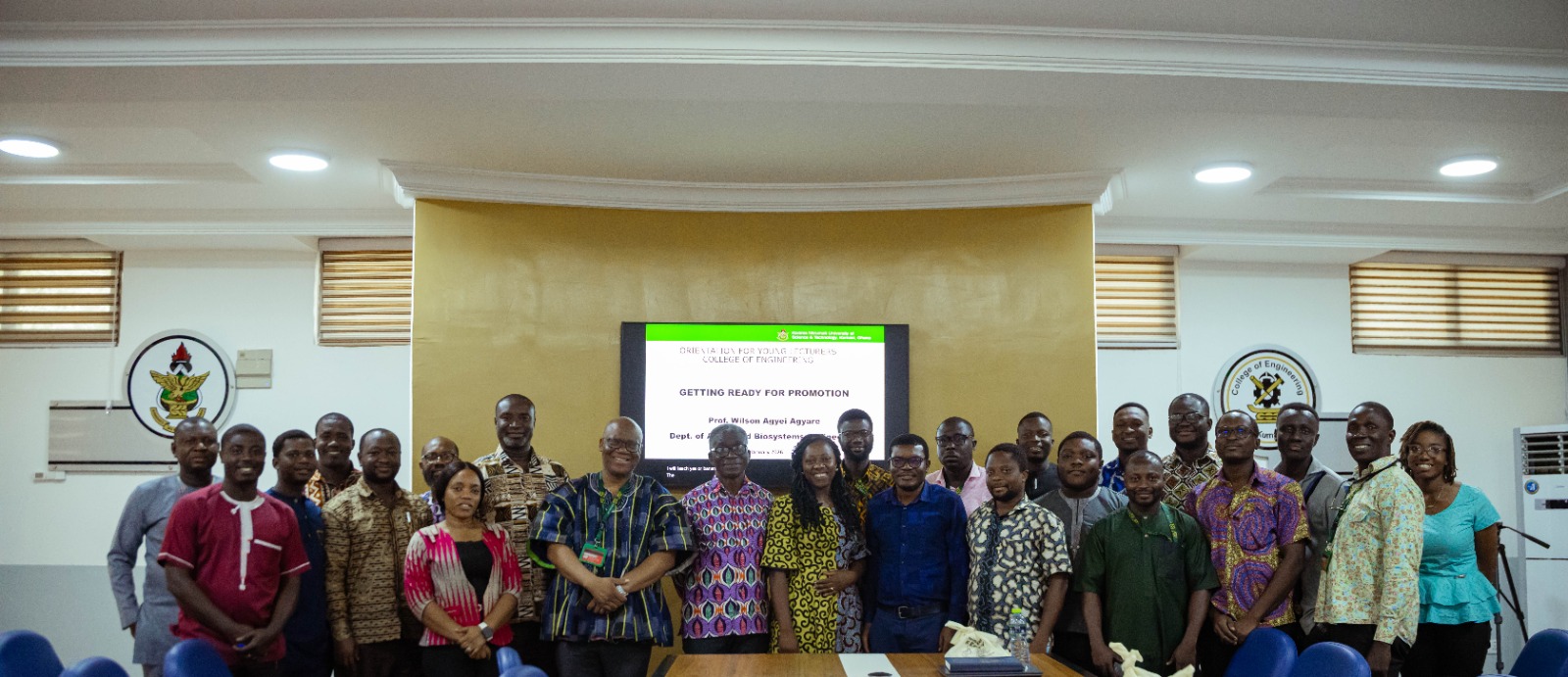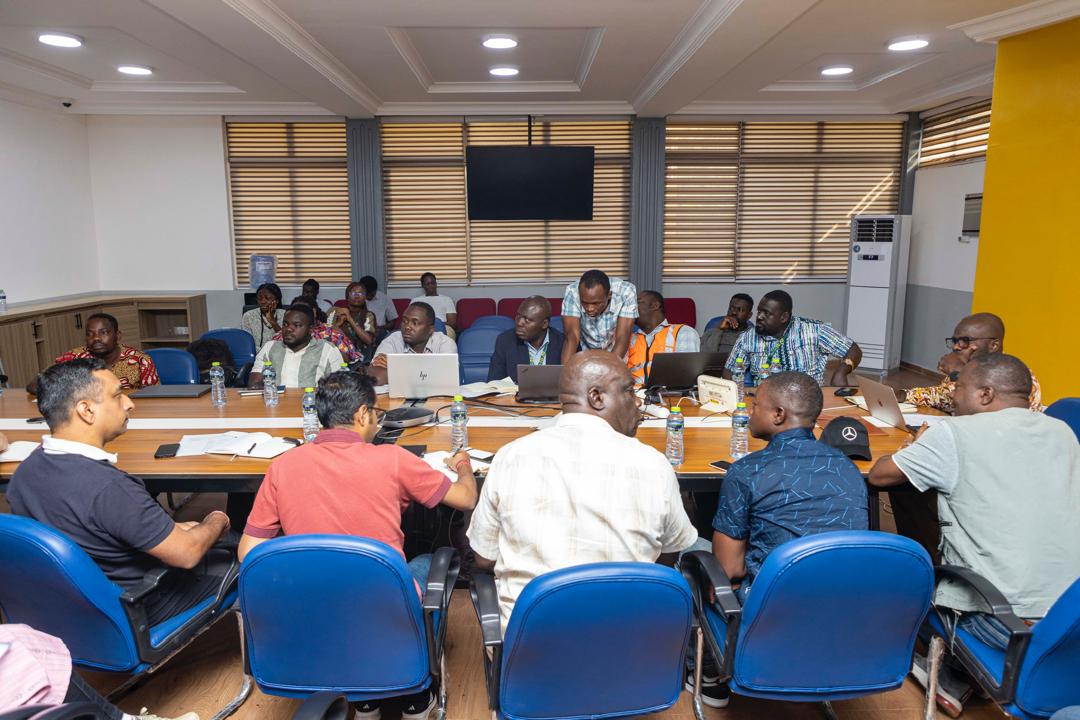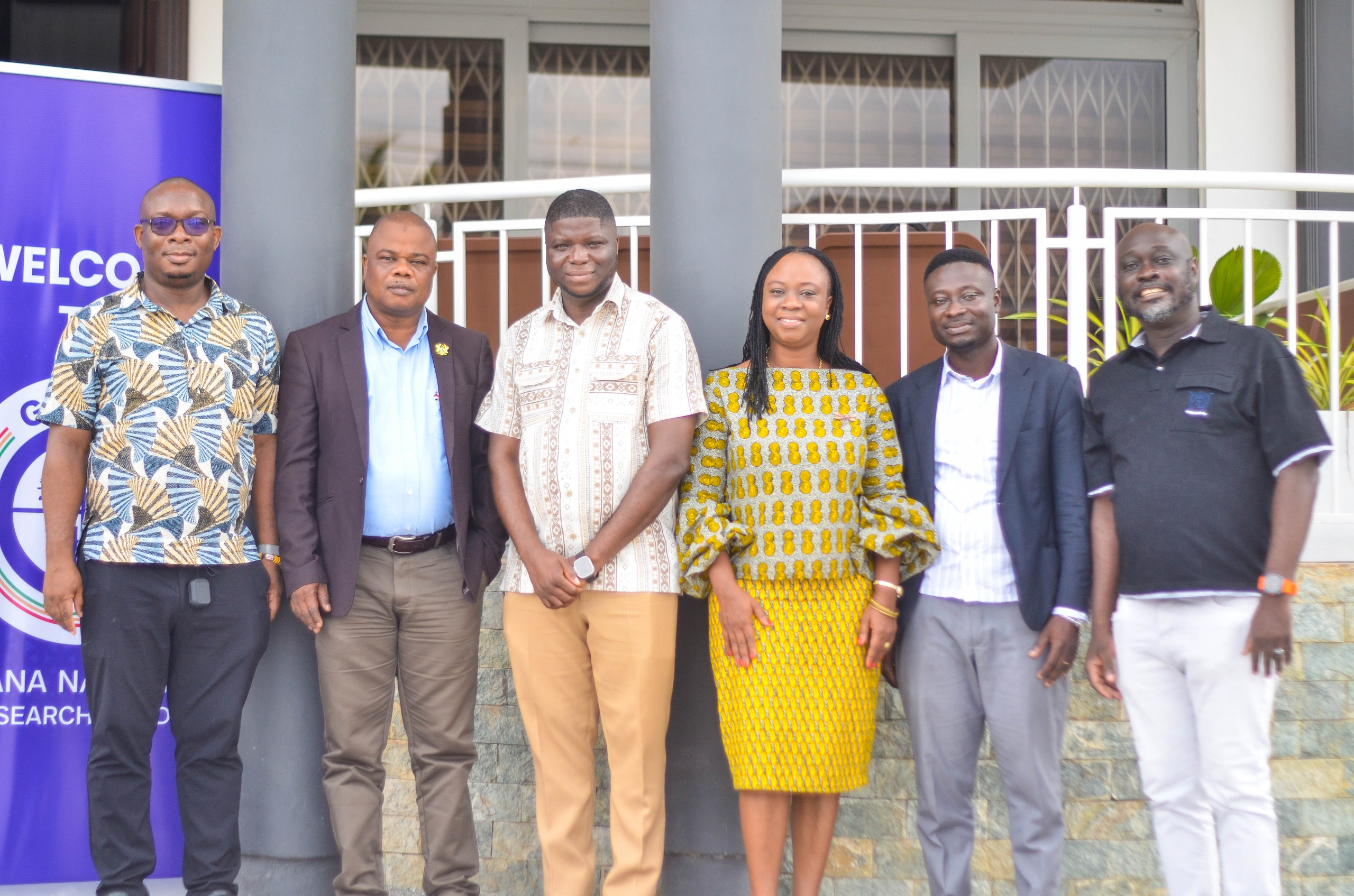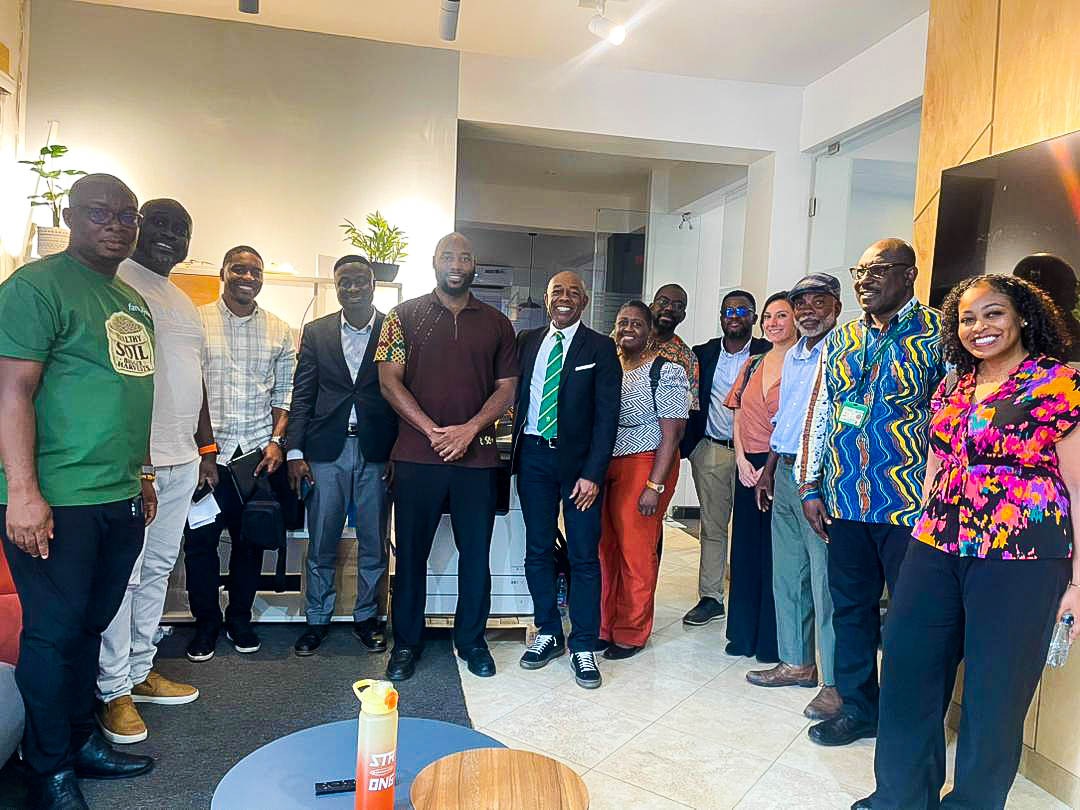The Responsible Artificial Intelligence Lab (RAIL) at the Kwame Nkrumah University of Science and Technology (KNUST) has launched its inception workshop on the theme: ‘The Role of Responsible AI in Promoting the Sustainable Development Agenda in the Sub-Region’ on Thursday, 5th May 2022 at the Great Hall, KNUST.
The project focuses on the development of a long-term, sustainable approach to nurturing local talent with the focus on women in technology that responds to the capacity requirements of the public and private sector through the strengthening of the multidisciplinary lab to work on responsible Artificial Intelligence for Development (AI4D) over a three-year period.
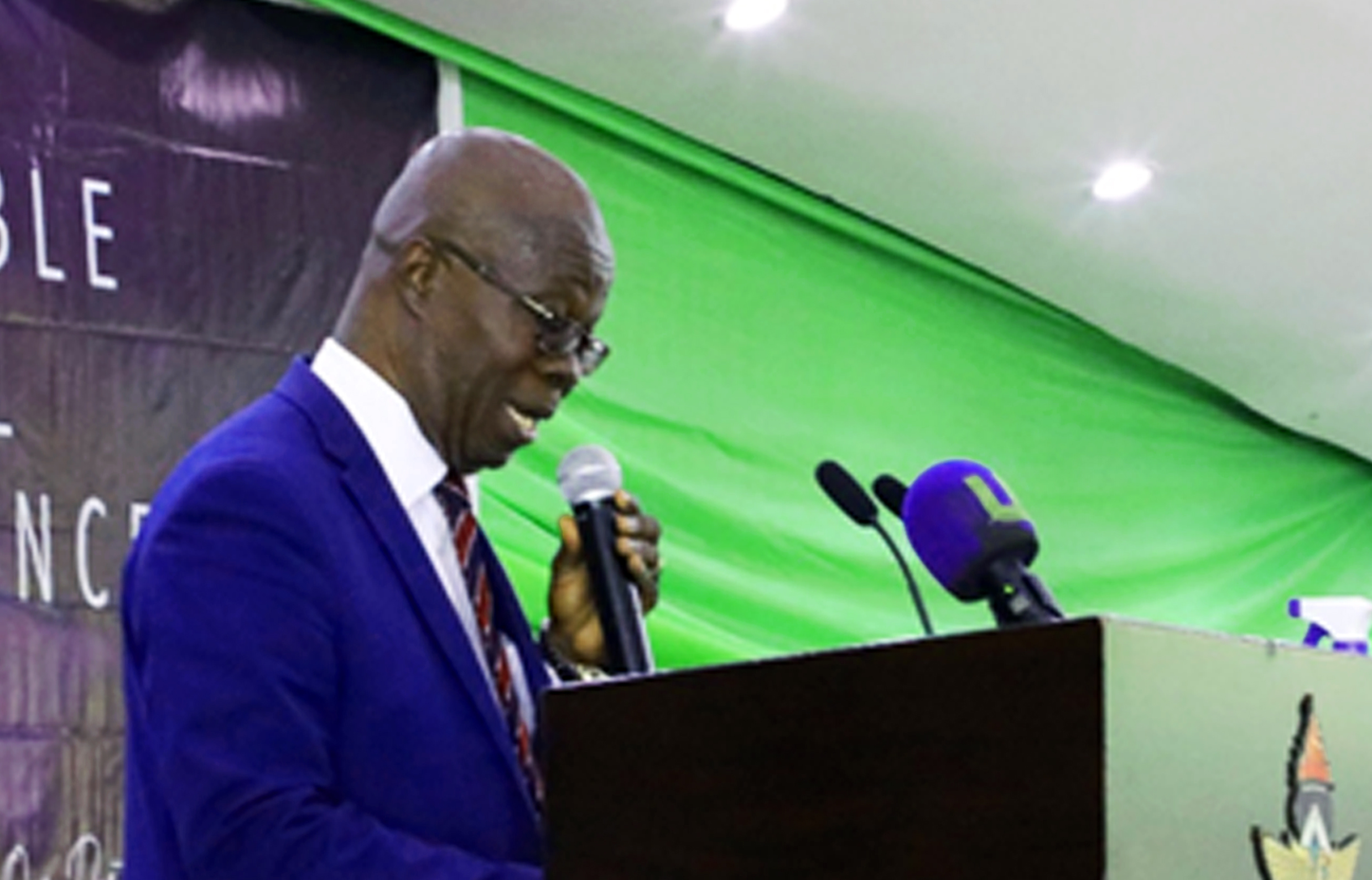
In his opening remarks, the Provost of the College of Engineering (COE), Professor Mark Adom-Asamoah indicated that the College is motivated by the official commencement of another innovative and impactful study at a time when the use of Artificial Intelligence (AI) had become contentious, with the prospects of its use looking unpredictable, there is the need to prepare scientists to become ethical and responsible with their use and application of AI.
Professor Adom-Asamoah said that the College, by dint of hard work, has become the driver of innovative solutions to advance national development. ‘We as researchers at the College of Engineering are elated by the levels at which our scientists are excelling, winning competitive grants with innovative research themes,' he stated.
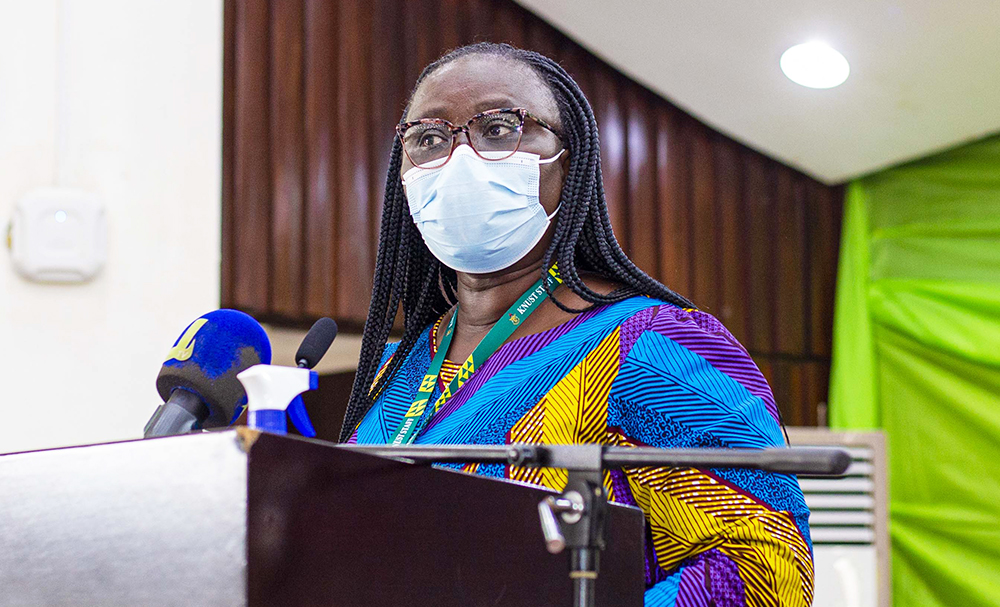
The Vice-Chancellor, Professor (Mrs.) Rita Akosua Dickson mentioned that the theme for the workshop is timely as KNUST in its drive towards actualising the SDGs, provides the enabling research environment to its cherished scientists to lead in scientific discoveries, harness innovation and foster scientific collaborations to achieve a better world.
Professor Dickson further disclosed that in this present technological age, and as a science and technology-driven University, the RAIL is one of the several technology-driven scientific projects that researchers from KNUST are leading and promises to make significant contributions to national development. At the heart of this project “is inclusion, diversity, gender mainstreaming, innovation and responsible use of technology and socio-ethical application of inventions,” she said.
The Vice-Chancellor stressed that Management with its stakeholders is hopeful that by the end of the project cycle, the Lab would have achieved its objectives. "We hope that stakeholders would share knowledge to prepare the country and the sub-region to make a significant contribution towards the projected 42.2 per cent growth in global AI market share from 2020 to 2027," Professor Dickson said.
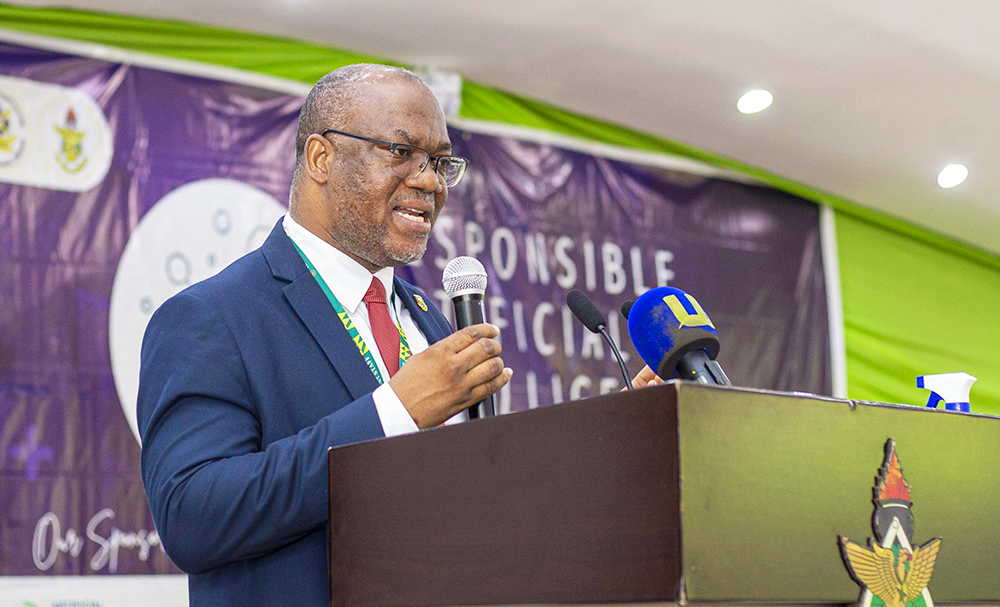
Introducing RAIL, Prof. Jerry John Kponyo, the Principal Investigator and Scientific Director of RAIL, said the Fourth Industrial Revolution is an AI-powered revolution requiring the use of digital technologies to drive key aspects of the economy, therefore, the sub-Region, and for that matter Africa, must strategically position itself to lead the revolution. He explained that the objective of the Lab seeks to deepen the understanding of how to develop and apply responsible AI tools for the advancement of computer, biomedical, agricultural, and ecological sciences; strengthen the national and international collaboration of public universities with the private sector; and strengthen capacities in the responsible utilisation of AI in support of most vulnerable communities in Ghana, Senegal, Cape Verde, Gambia, and the sub-region.
Professor Kponyo expressed his heartfelt gratitude to the key sponsors and partners; the Deutsche Gesellschaft fur International Zusammenarbeit (GIZ), International Development Research Centre -Canada, and SIDA, a development organisation UADB, Senegal, University of Cape Verde, FDR and GTTI, MoCD, UNESCO, Ghana Digital Company Ltd, RAIN Africa, Research ICT Africa for the collaboration so far.


